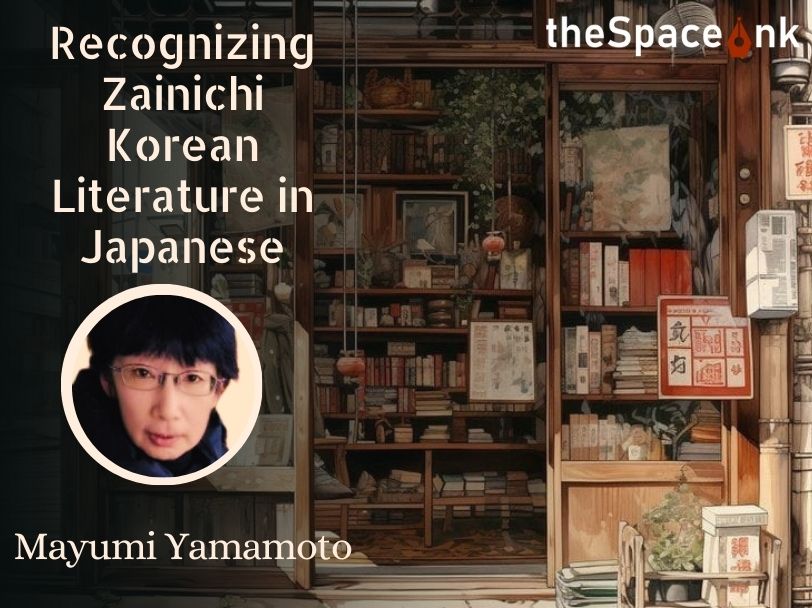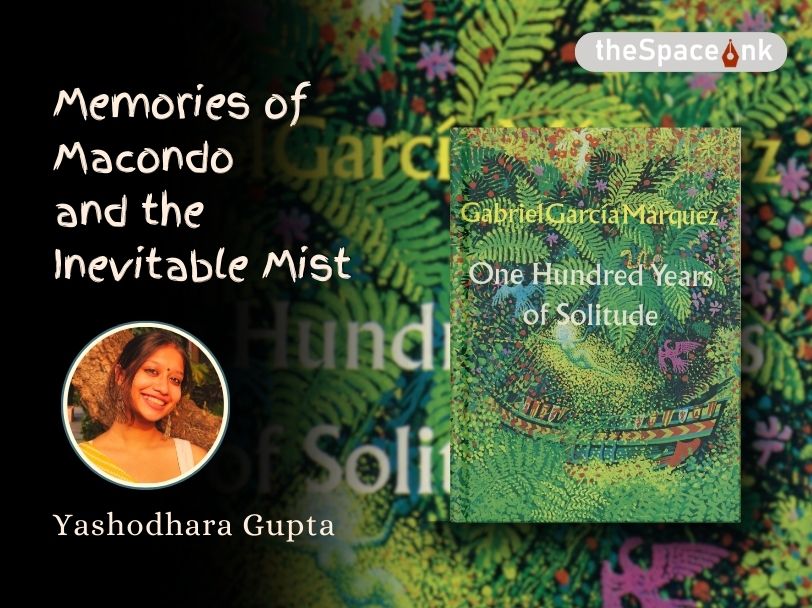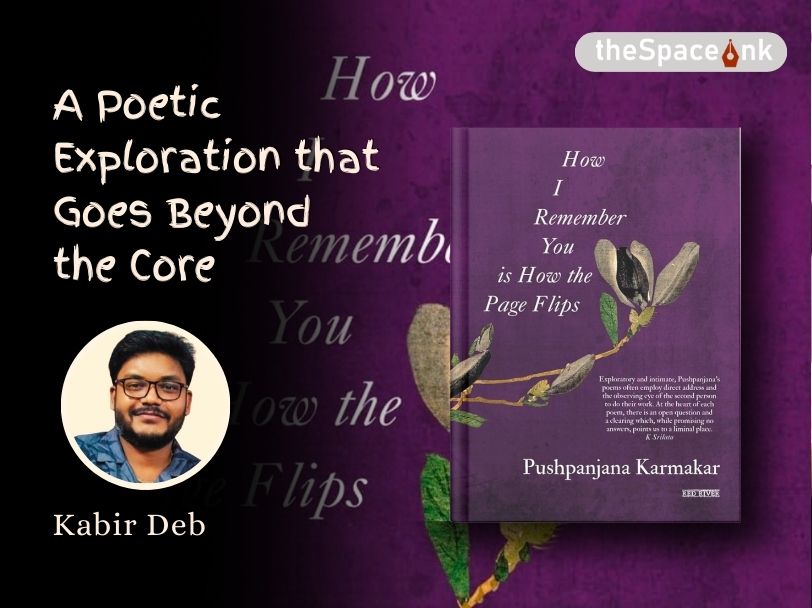Mayumi Yamamoto
When I read the essays and novels by another Korean writer in Japan named Lee Yangji (1955-1992), I feel as if the author was my Korean friend. We belong to the same generation. She spent her high school days in Kyoto as we did. I wonder if we could have passed by each other on any street. She attempted suicide, too. Her essay was about her struggle for a solid self-identity. The difference is that Lee Yangji went to Seoul for further studies—to learn the Korean language and literature.
She ended up feeling split between Korea and Japan as a consequence of the assimilation process of the Koreans in Korea.
In her award-winning novel “Yuhi” (1988), she wrote about her relentless efforts to master the Korean language as fluently as the Koreans in Korea while staying in Seoul, although she was an overseas student from Japan. She ended up feeling split between Korea and Japan as a consequence of the assimilation process of the Koreans in Korea.
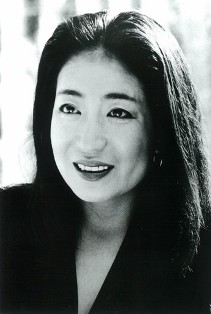
Lee Yangji, the Japanese Novelist
Korean-American writer Min Jin Lee, who authored the bestselling novel “Pachinko” about the residential Koreans in Japan (published in 2017 and released as a TV series in 2022), said that they are not only victims of colonial history; their identity (or identities) is much more complicated and diversified.
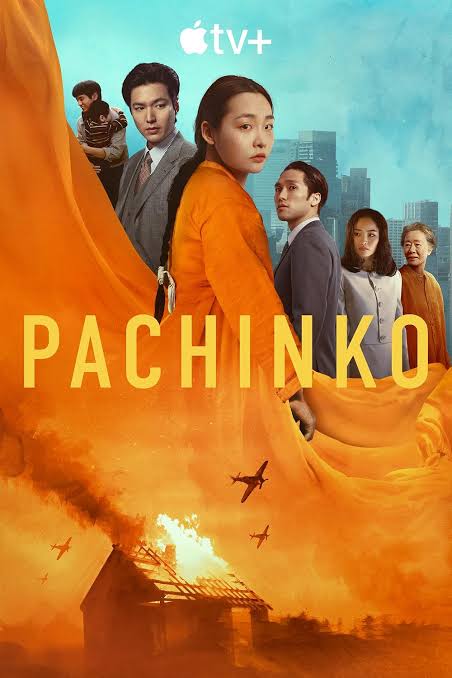
The Pachinko Web Series starring Kim Min Ha, Lee Min Ho, and Jin Ha
About my Korean high school friend, she returned to Japan after finishing her studies in the UK and married a Japanese. She adopted his Japanese family name legally by changing her nationality into Japanese. She had become a Japanese citizen. Since then, we have lost contact. And our society hasn’t changed enough for them to feel secure. Hate crimes against Zainichi Koreans still persist under the surface and sometimes become an issue. My friend seems to have chosen to stay “invisible”—unless she writes something about herself like Kazuki Kaneshiro.
Also Read: Zainichi Korean Literature in Japanese – Part 1
Kaneshiro (1968- ) acquired Japanese citizenship later in his life and wrote the novel “GO” (2000), based on his teenage days studying in a vernacular primary-to-secondary school. In the novel, Kaneshiro portrayed a kind of hidden and sophisticated racism as expressed in the words of an innocent Japanese teenage girl. The protagonist had a Japanese girlfriend. But he had yet to disclose his true identity. She soon introduced him to her father who was a graduate of the University of Tokyo and a former student activist. And he currently worked in a high-paying job for a huge general trading company.
And now must be the best time to declare that there are many Korean writers in Japan who have been consistently confronting the tough and entangled questions of language, literature, nationality and identity in their words.
During their dinner conversation, this Japanese gentleman addressed Black people as “Afro-Americans” and said that he loved jazz. In this manner, he showcased his liberal thinking and warmly welcomed the young man as his daughter’s boyfriend. However, when the young man finally mustered the courage to disclose to his beloved that he was a Korean—inside a luxurious room of Imperial Hotel that offers a wonderful view of Hibiya Park below, just before they were about to make love for the first time—she spurned him saying that her father had been warning her from childhood never to become intimate with a Korean or Chinese boy because their blood was dirty. This novel received a prestigious literary prize, and a film adaptation was released in 2001 that won numerous awards.
The latest Nobel Prize winner, Han Kang, is a Korean writer using the vernacular language. I haven’t read her novels although some of her works have been already translated into Japanese. I’ll read them now. And now must be the best time to declare that there are many Korean writers in Japan who have been consistently confronting the tough and entangled questions of language, literature, nationality and identity in their words. Until now, their literature in the Japanese language has not been fully recognized as an immigrant literature across the world, unlike those written in English and French that continue to flourish and rise to international prominence beginning in the last century. It is time to turn the global spotlight on Zainichi Korean literature.
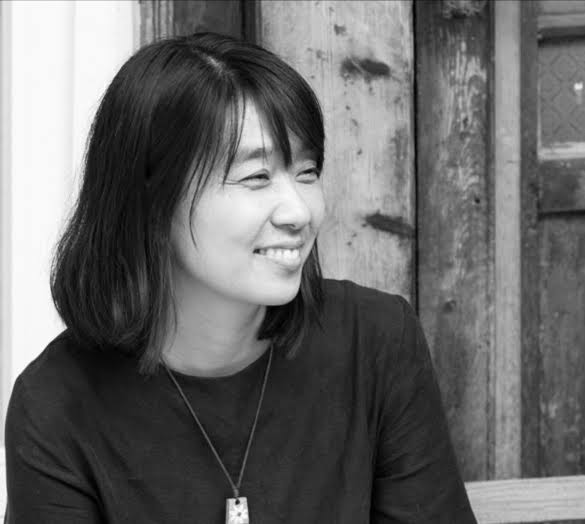
Han Kang, the Korean novelist, winner of the Nobel Prize for Literature, 2024
When I think of my Korean friend, Lee Yangji comes to my mind; they have become one in my imagination. Her memoir reminds me of the high school days spent in Kyoto with my bosom friend. Did she celebrate last year upon learning that the winner of the Nobel Prize for Literature is of her nationality? Where could she have heard this wonderful news? In heaven or somewhere in Japan?
I have been writing in Japanese for four decades but recently switched to English for creative writing. I couldn’t imagine that the day would come when I would be able to create written pieces in English, the language which I learned with arduous efforts. Likewise, Lee Yangji might have eventually written in the Korean language if she is still alive or had lived longer. I envisage her having written a novel in her own language that undoubtedly enriches her native language and literature, by adding a unique and distinct colour.
Image courtesy: Wikipedia, Amazon, PBS
Korean
Mayumi Yamamoto is a writer and academic based in Kyoto, Japan. Her poems have appeared in Literary Yard, and some opinions in Indian Periodical. She authored several published books in the Japanese language.


